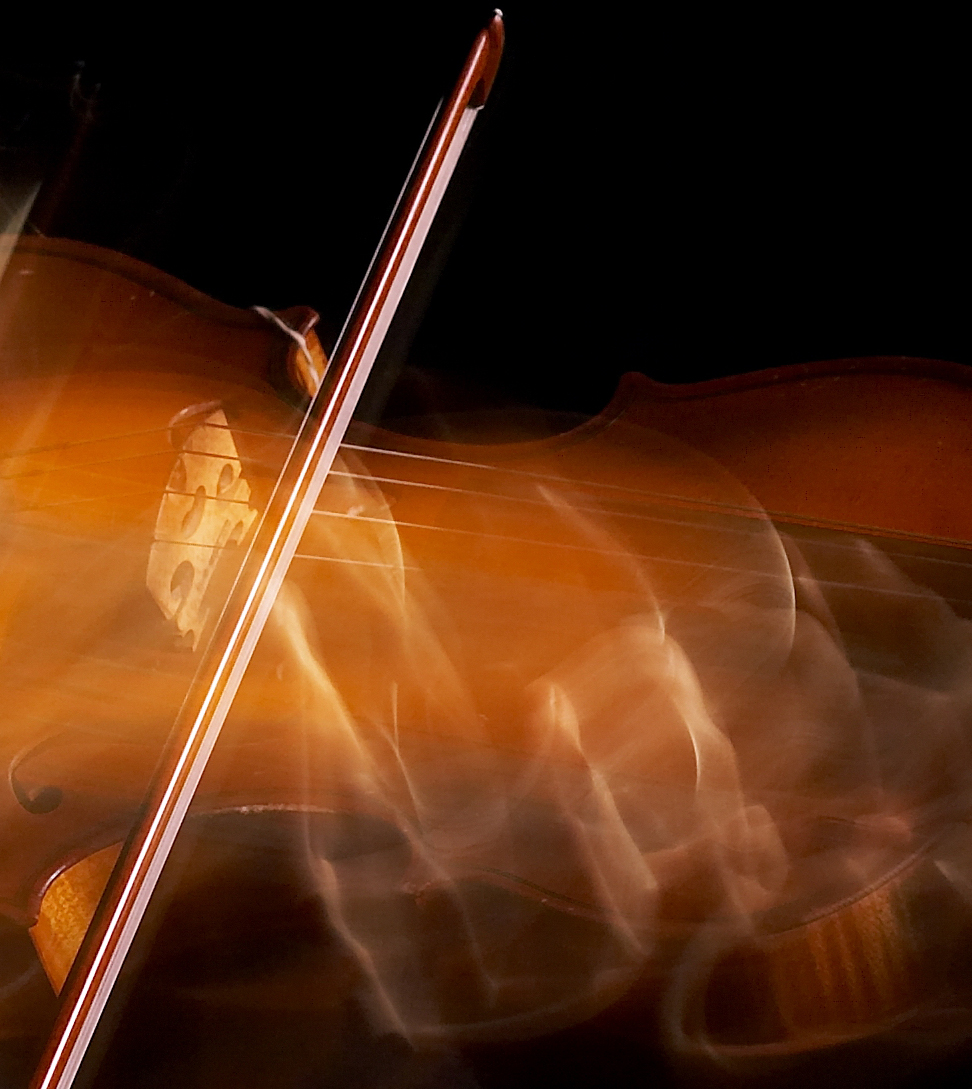Welcome to the database of music for viola by underrepresented composers!
We are glad you are here!
Motivation and Purpose
As the US deals with the social upheaval of Summer 2020, a group of violists joined together in order to address significant disparities of representation in Western classical music by creating this database as a starting point for scholars, performers, composers, and teachers to discover solo and chamber repertoire for viola by underrepresented composers. We hope to bring to light many treasures that might have gone the way of works by historically marginalized composers, and become ignored or forgotten. It is our wish to amplify voices which have been shelved or swallowed up by a White, Western Euro-centric, male narrative as a result of gender and/or racial and/or cultural identity. Celebrating and normalizing works by underrepresented composers is an important step in re-evaluating what “standard” repertoire is, and promotes a shift towards making the world of art music a more inviting and inclusive environment for all.
This is a small volunteer research effort by those of us who are motivated and inspired by a collective effort towards diversity, equity, and inclusion in the world of viola repertoire, and we welcome anyone interested in joining our effort. This is a living document that will continue to be updated as pieces are submitted. We are listening and welcome any errata, comments, criticism, and resources.
This database explores repertoire by underrepresented composers that involves the viola as a significant voice. We hope you will explore other works by these composers in order to learn about each person’s unique voice beyond the music written for the viola. Use the tabs along the bottom to find music in different categories.
We kindly request that you:
- Submit works you know with as much information as you can, citing any sources.
- Select works to program, research, and teach in your classes and lessons.
- Share these directories with teachers, colleagues, and students so that they can continue to grow and we can link to all information as it becomes available.
- Resist tokenism by committing to deep research and understanding around identity.
- Provide feedback on this resource, including suggesting articles for us to read & share.
- Help us keep the database as helpful as possible by reporting broken links.
- Help us correct the mistakes we have made by reporting them.
- Help us fill in missing information we have been unable to find.
- Let us know if you would like to be removed from our lists or if you’ve been misrepresented or misidentified. We will correct the situation immediately. Please email Molly Gebrian or click below.
Click here to submit works, correct mistakes, report broken links, fill in missing information, or if you are a composer and wish to have your music removed.

